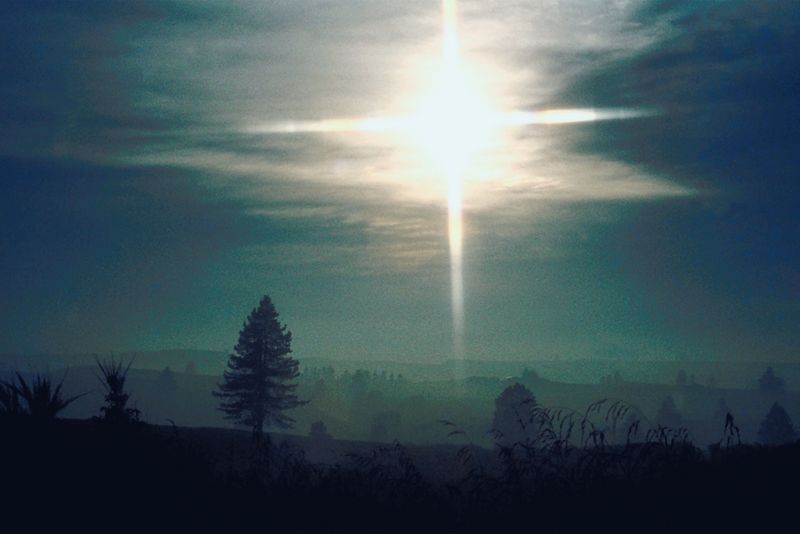
Deuteronomy 11:1, Love YHVH … and keep …his commandments.Compare this verse with what Yeshua said in John 14:15. When we understand that Yeshua is “YHVH your Elohim” does that not give us a new perspective about not only who Yeshua was/is, but his teachings in the Gospels? Does this shed new light on the issue when Paul said to “follow me as I follow the Messiah” (1 Cor 11:1)? What did Paul mean by this? Was Paul really pro-Torah?
Deuteronomy 11:8, That you may be strong.Obeying YHVH by keeping his Torah-commandments keep us strong. Strong is the Hebrew word chazaq meaning “to be strong, grow strong, to prevail, to be firm, be caught fast, be secure; to grow stout, grow rigid, to restore to strength, give strength, sustain, encourage, make bold, encourage, to repair, to withstand.”
Deuteronomy 11:13, If you will hearken. Stale versus fresh manna. In the Hebrew, this phrase literally reads, “If hearken, you will hearken….” Rashi (the Medieval Jewish Torah scholar) interprets the double usage of this verb to mean, “If [you] listen to the old, you will listen to the new” meaning that if one listens to what one has already learned by taking care to review and understand it, one will gain new insights or fresh insights into the Torah (The ArtScroll Sapirstein Edition Rashi—Devarim, p. 110; The ArtScroll Stone Edition Chumash, p. 995).
What does this teach us about studying YHVH’s Word consistently and regularly? YHVH gave the Israelites fresh (not stale) manna every day, even as he watered the land of Israel with the early (fall) and latter (spring) rains (a symbol for spiritual refreshment), so that the land would be fruitful without the need of man-made irrigation systems. Manna and rain both came from heaven and are used as figures of speech Hebraically to represent Torah-truth.
Is your life being renewed regularly with fresh revelation and insights into the Word of YHVH, into his very heart and character? Does this not refresh, nourish and sustain the ground of your life, so that it yields an abundant spiritual crop of joy, shalom, intimacy with the Father and anointing? Is your life a place of fresh manna and constant rain, or a place of stale bread and drought? If so, what changes do you need to make in your life to change this situation?
Continue reading





